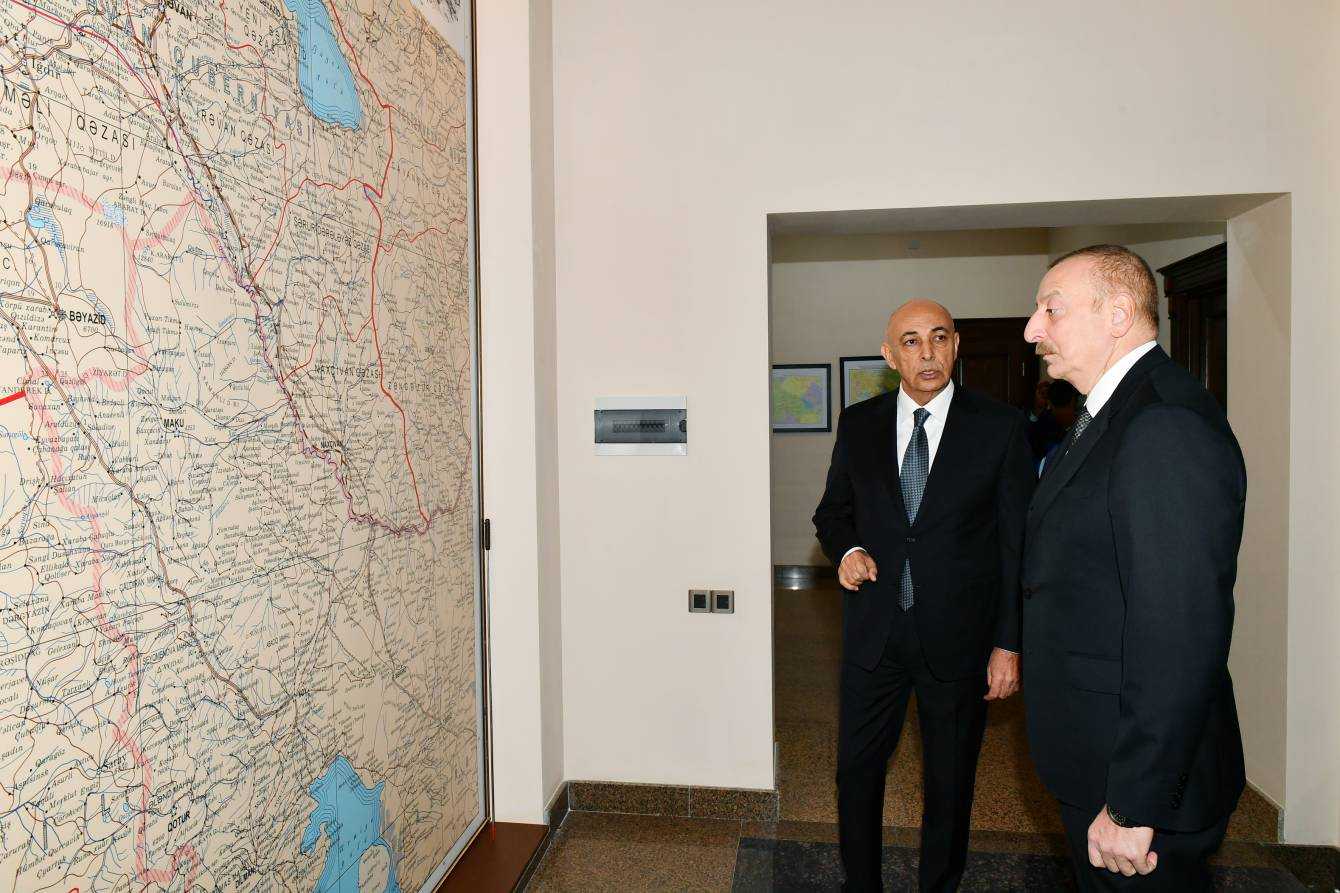
The EU Parliament has called on the EU to end its gas dependency on Baku, and for the imposition of sanctions against Azerbaijani officials over human rights violations in the country, and individuals who threaten Armenia
In a resolution adopted on Thursday, MEPs cited ‘worrying reports’ of Russian gas being rebranded as Azerbaijani for export to the EU, thereby bypassing Western sanctions.
They also noted Azerbaijan’s deepening ties with Russia since the Russian invasion of Ukraine in 2022, highlighting ‘increased cooperation’ between their intelligence services and Russia’s support of Azerbaijani aggression towards Armenia.
In addition to calling for the EU to end its gas dependency on Azerbaijan, the resolution also asked that the European Commission suspend the 2022 Memorandum of Understanding on the Strategic Partnership in the field of energy between the EU and Azerbaijan.
‘Any future partnership agreement between the EU and Azerbaijan [must] be made conditional on the release of all political prisoners, the implementation of legal reforms and the overall improvement of the human rights situation in the country, as well as on Azerbaijan demonstrating its genuine readiness to faithfully engage in the negotiation of a peace agreement with Armenia and to respect the rights of Nagorno-Karabakh Armenians’, the resolution read.
Thursday’s resolution also called for EU sanctions to be imposed on Azerbaijani officials who have committed serious human rights violations, citing Azerbaijan’s ongoing repression of activists, journalists, and opposition figures, noting that such human rights abuses were ‘incompatible’ with its hosting of COP29 in November.
The resolution also stated that ‘the EU should be ready to impose sanctions on any individuals and entities that threaten the sovereignty, independence and territorial integrity of Armenia’, and called on member states to ‘freeze exports of all military and security equipment to Azerbaijan’.
Similarly, the MEPs expressed their support for the European Union Mission in Armenia (EUMA), and requested both the EU and its member states strengthen the EUMA’s mandate, increase its size, and extend its duration.
Azerbaijan has repeatedly accused the EUMA of ‘gathering intelligence’ and of hindering the normalisation process.
The MEPs also called on the Azerbaijani authorities to ‘allow the safe return of the Armenian population to Nagorno-Karabakh’ and to release all Armenian prisoners of war detained after Nagorno-Karabakh’s surrender last year. They also urged Azerbaijan to refrain from ‘further destruction, neglect, or alteration of the origins of cultural, religious, or historical heritage in the region’, and insisted that Azerbaijan allow a UNESCO mission to Nagorno-Karabakh.
The resolution lastly highlighted Azerbaijan’s deteriorating relationship with the EU over the past year, citing cases of politically motivated prosecutions of EU citizens as well as Azerbaijan’s active interference in European politics under the guise of anti-colonialism.
[Read more: Opinion | How Azerbaijan uses ‘anti-colonialism’ to authoritarian ends]
The MEPs condemned ‘Azerbaijan’s repeated attempts to denigrate and destabilise Member States, including through the so-called Baku Initiative Group’ and demanded that ‘access to EU institutional buildings be denied to the Azerbaijani officials concerned until further notice’.
The Baku Initiative Group, an initiative with apparent links to the Azerbaijani government, claims to work towards the ‘complete elimination of colonialism’. They have supported independence movements in French overseas territories.
The resolution was adopted by 453 votes in favour, with only 31 voting against and 89 abstentions
‘Chauvinistic, racist, and colonial thinking within the EU Parliament’
Later that day, the Azerbaijani Parliament released a statement condemning the European Parliament’s resolution.
‘It appears the European Parliament has chosen to reveal its anti-Azerbaijani stance in a stark manner. The resolution’s text compiles various topics and pressure tactics from interested groups opposing Azerbaijan into a single document’, the statement read.
In particular, the Azerbaijani parliament accused France and Armenia of pushing ‘false narratives’, and claimed the resolution demonstrated the ‘depth of anti-Azerbaijani, Turkophobic, and Islamophobic sentiments’ and the ‘deep-rooted corruption and bribery’ prevalent in the European Parliament.
They also alleged there was prevalent ‘chauvinistic, racist, and colonial thinking within the European Parliament’, stating that the MEPs had justified France’s colonial policies as a part of European politics.
The President of the Armenian Revolutionary Federation’s European Office, Gaspar Karapetyan, also commented on the resolution on Thursday, stating that its adoption was the ‘logical continuation of the previous resolutions of the European parliament and the discussion of 22 October’.
He highlighted the preconditions for any further development of EU–Azerbaijan relations, arguing that the EU’s executive power was being constrained by the European Parliament’s position on this matter which would lead to a review of the executive power’s policy with Azerbaijan.









